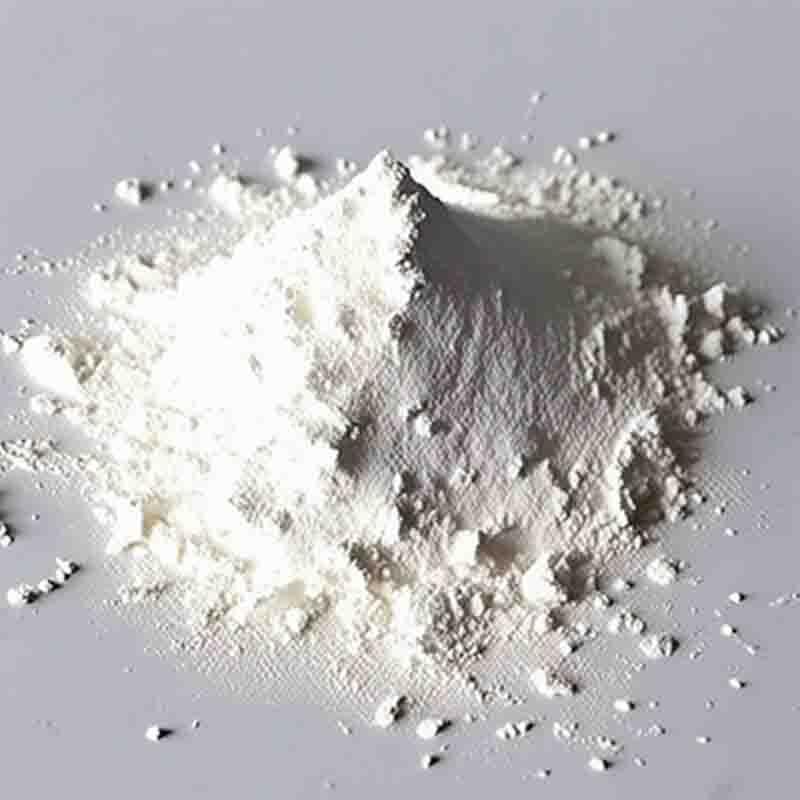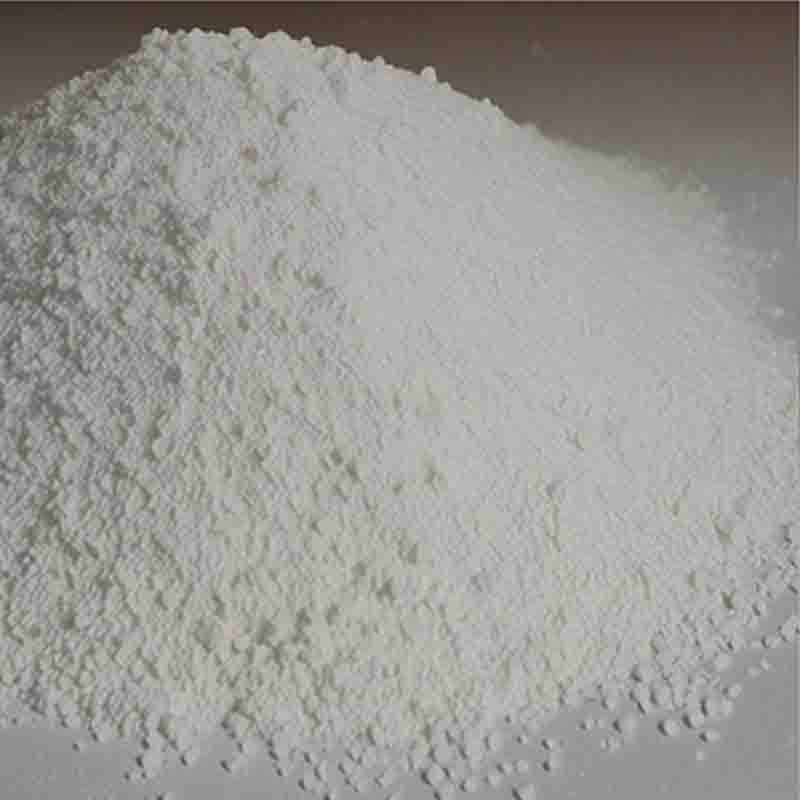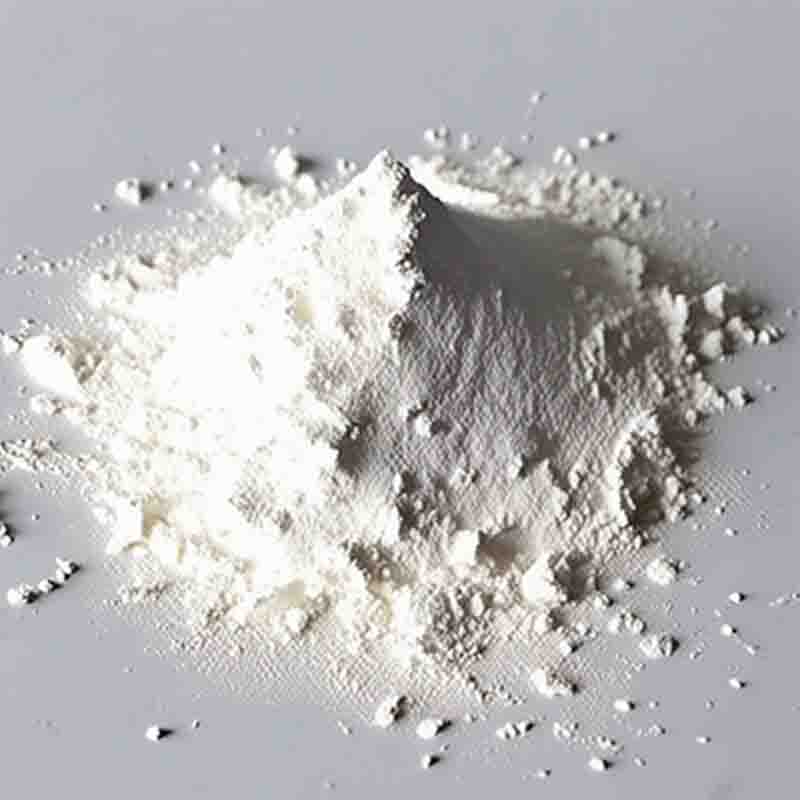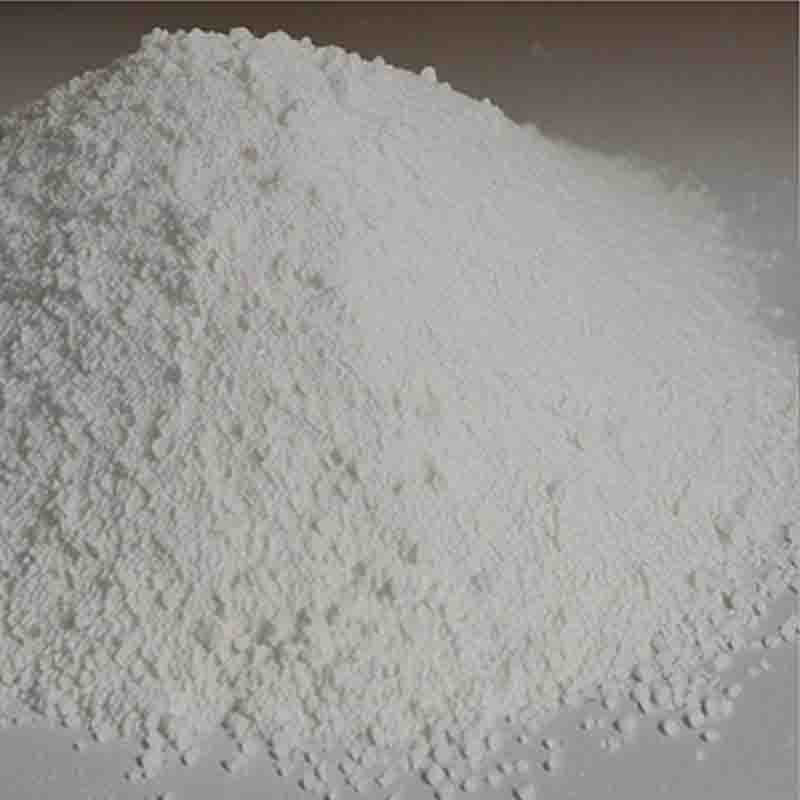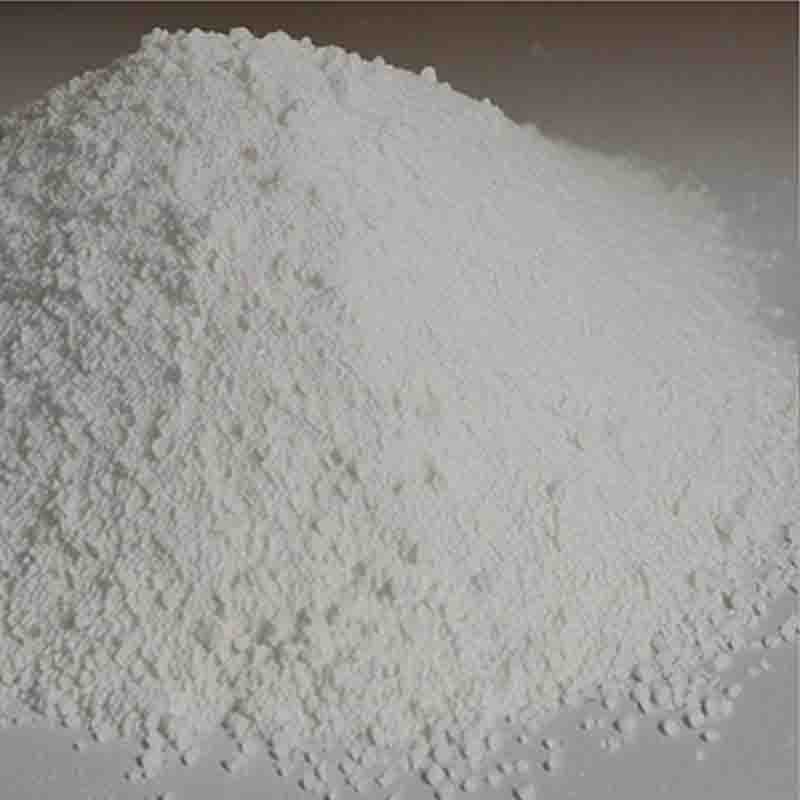Zinccarbonate CAS:3486-35-9
| Catalog Number | XD95857 |
| Product Name | Zinccarbonate |
| CAS | 3486-35-9 |
| Molecular Formula | CO3Zn |
| Molecular Weight | 125.4 |
| Storage Details | Ambient |
Product Specification
| Appearance | White powder |
| Assay | 99% min |
Zinc carbonate, also known as calamine, is a chemical compound with various effects and applications. Here are some key effects of zinc carbonate:Medicinal Uses: Zinc carbonate is widely used in the pharmaceutical industry for its medicinal properties. It is commonly used as an ingredient in over-the-counter products like calamine lotion, which is used to soothe and relieve minor skin irritations such as itching, rashes, and insect bites. Calamine lotion helps to reduce itching and inflammation, providing temporary relief.Antacid: Zinc carbonate can act as an antacid to help neutralize excess stomach acid and relieve symptoms of heartburn and indigestion. It can be found in some antacid formulations, providing relief by reducing acidity in the stomach.Pigments: Zinc carbonate is used as a pigment in some paints, coatings, and dyes. Its white color and opacity make it useful for providing coverage and brightness to various materials. It is often used in cosmetic products like sunscreen as a white pigment to block harmful UV rays.Corrosion Inhibition: Zinc carbonate has corrosion inhibiting properties and can be used as a protective coating for metal surfaces, particularly zinc. It forms a thin layer on the metal surface, protecting it from environmental factors like moisture and chemicals, which can cause corrosion.Water Treatment: Zinc carbonate is also utilized in water treatment processes. It can assist in removing impurities and heavy metals from water sources. It acts as a flocculant, helping to aggregate and remove particles and sediments, resulting in cleaner and clearer water.Fungicide and Mildew Resistance: Zinc carbonate is effective in combating fungal growth and can be used as a fungicide in various applications. It helps prevent the growth of mildew and mold on surfaces, making it useful in paints, coatings, and construction materials.Catalysis: Zinc carbonate can act as a catalyst in certain chemical reactions. It can promote or facilitate the reaction process without being consumed in the process.It is important to note that zinc carbonate should be handled and used according to safety guidelines, as it may cause respiratory irritation if inhaled in large quantities. Additionally, as with any chemical compound, proper disposal methods should be followed to minimize environmental impact.




